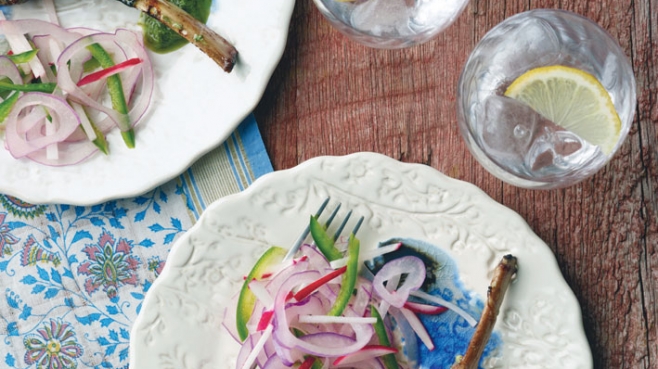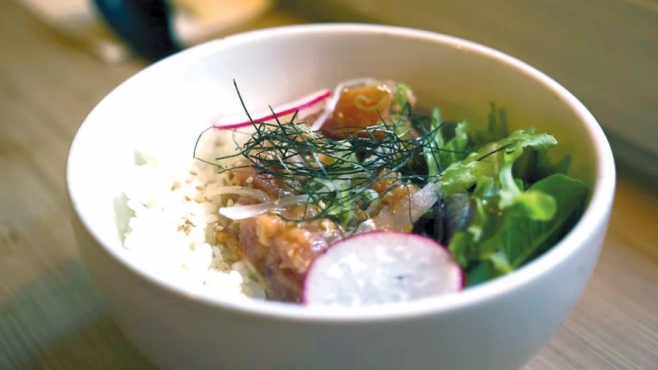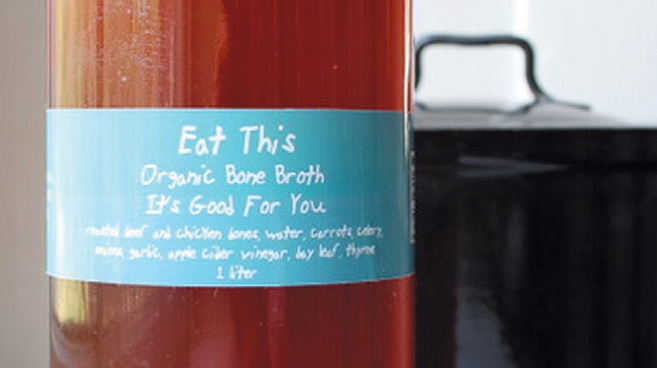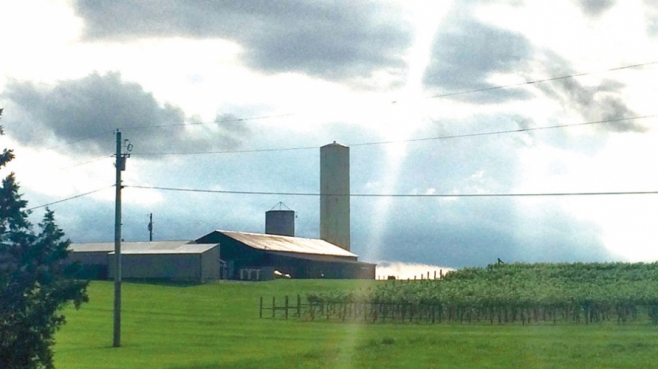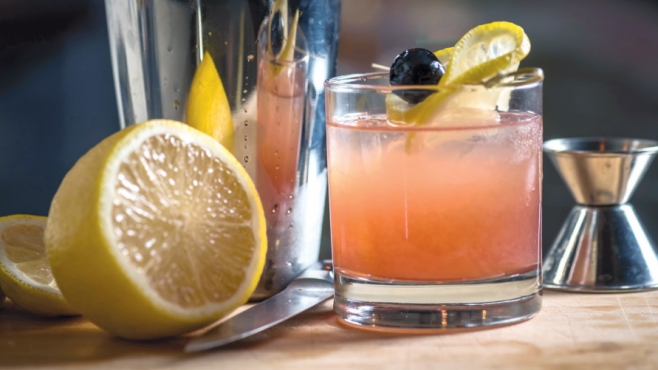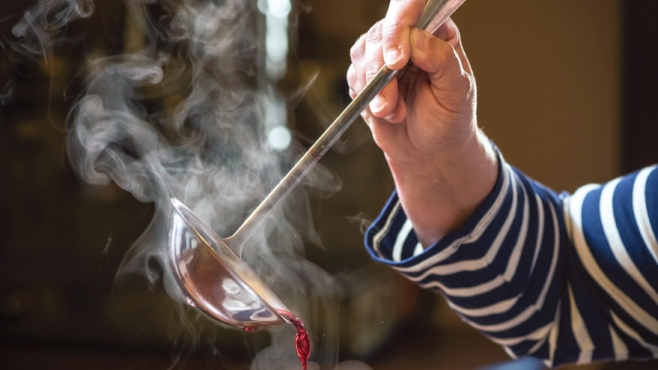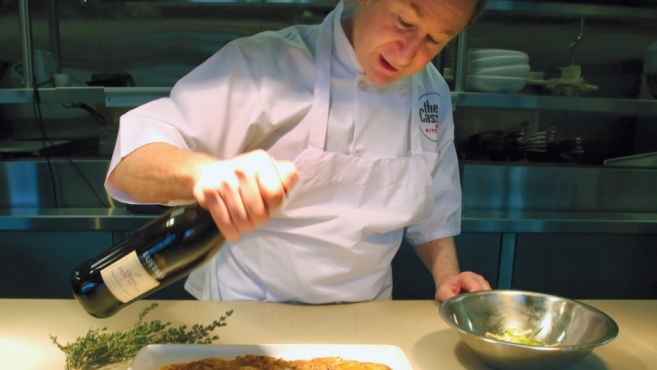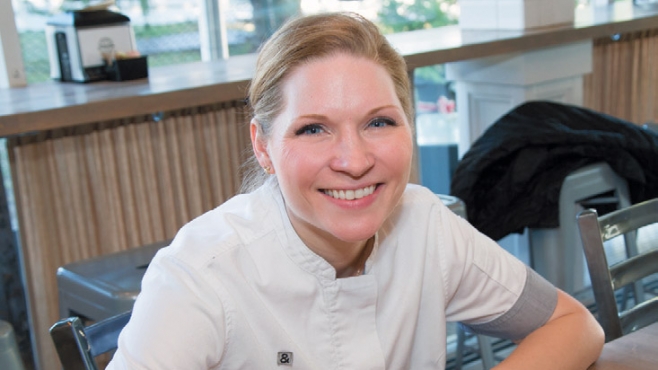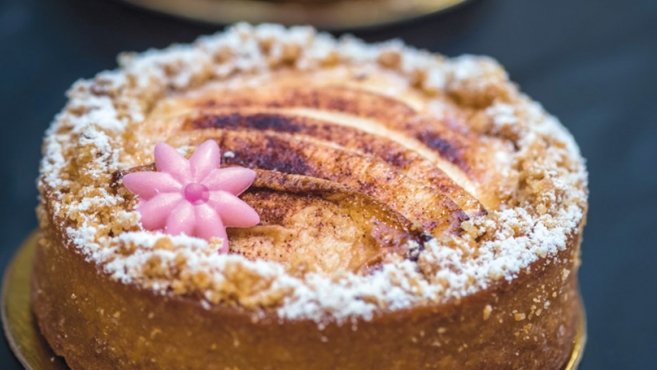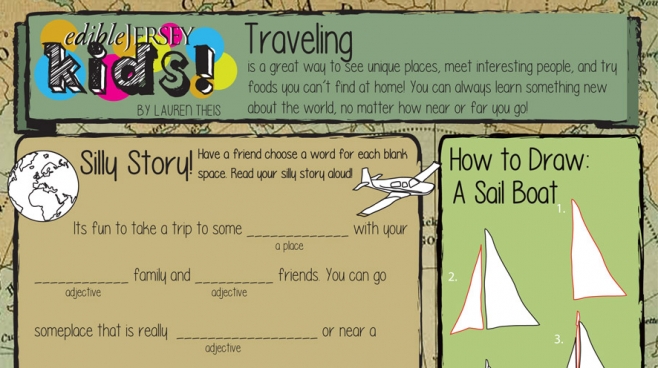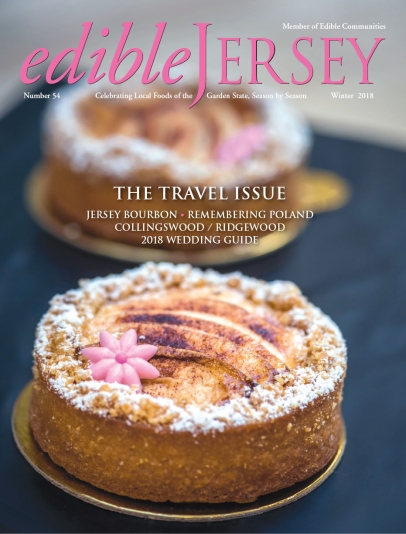
LETTER FROM THE EDITOR
Here and There
“The Irish,” said Billy O’Callaghan, measuring his words for potency, a sparkle in his eye as he shared his observation, “are people who get homesick while they’re still at home.”
I’m paraphrasing I’m sure. The rich eloquence of a Billy O’Callaghan sentence is evident even in a casual phrase, and the event where we met was not casual, least of all for a writer. O’Callaghan—short story writer, Irish Book Award winner, Ploughshares author—was preparing to read last August to a group of international writers in Kinsale, Ireland. O’Callaghan is young, but he writes of an older Ireland, of the country within a man, of spilt tears and ruined cottages, of mud and omens, of glittering seas and home-grown poisons, of fierce beliefs, of soul. O’Callaghan’s reading was to be followed by a reading by the distinguished and revered John Banville, seated in the front row.
It was my first trip to Ireland, and I gathered advice in advance, culinary tips, a list of preferred restaurants, from chefs who’d been to the Emerald Isle. But restaurateur Chris Cannon of Jockey Hollow Bar + Kitchen, instead of talking food, spoke of language. The linguistic precision of an ordinary conversation in Dublin is a deep embarrassment, Cannon told me, a reminder how blunt and inadequate we are, here in the States, in the art of conversation. This from a man with an Ivy League education.
Cannon was right. I often felt tongue-tied in Ireland, where even a pub conversation with strangers is thoughtful dialogue, where it feels wrong to rely on the short-cuts and codes that make up so much of our chatter. In Ireland, I never discussed traffic or the weather. In Ireland, noted Sara Dunham, a writer in the group, one discusses James Joyce with the cab driver.
Billy O’Callaghan’s work includes The Dead House (to be published in America this spring by Arcade Publishing) and The Things We Lose, The Things We Leave Behind. He never went to university. He left school when he was 17, worked in factories and on construction sites. But his grandmother had told him stories, stories of the Black and Tans, of fairies and ghosts. He reads vociferously—Steinbeck, Hemingway, Bradbury. He lives a frugal life, quiet, rural, to afford to be a writer. He writes six hours a day.
I would recommend O’Callaghan’s work to anyone, Banville himself was generous in his praise. The reading in Kinsale was a beautiful moment, the younger writer and the older writer, each yearning faithfully, and with humility, to do the impossible, to contain Ireland on a page.
Yet it’s the homesick line I continue to mull. O’Callaghan’s opening was wry, an ice-breaker. It’s a compact phrase, seemingly breezy and light, but underneath it churns with truth. I am surprised myself how sappy I feel in my own daily life when we, as a family, are seated at the table. A deep ache for what I already have.
Travel often inadvertently brings us home. In this issue, writer Jenn Hall reveals just that and with such grace, struck by the revelation that a carefree trip to Kentucky suddenly takes her to her mother’s kitchen (page 14). Conversely, chef Martyna Krowicka, whose story is told by writer Kelly-Jane Cotter, uses her mother’s kitchen to bring home the Poland of her childhood (page 26).
That dichotomy, the contrast between here and there, is the impetus behind this year’s annual Travel issue. We look at New Jersey with a traveler’s eye.
Communities Near You
What’s happening near you
Fall Feels & Vineyard Vibes at Hawk Haven!
Hawk Haven Vineyard & WineryRio Grande


